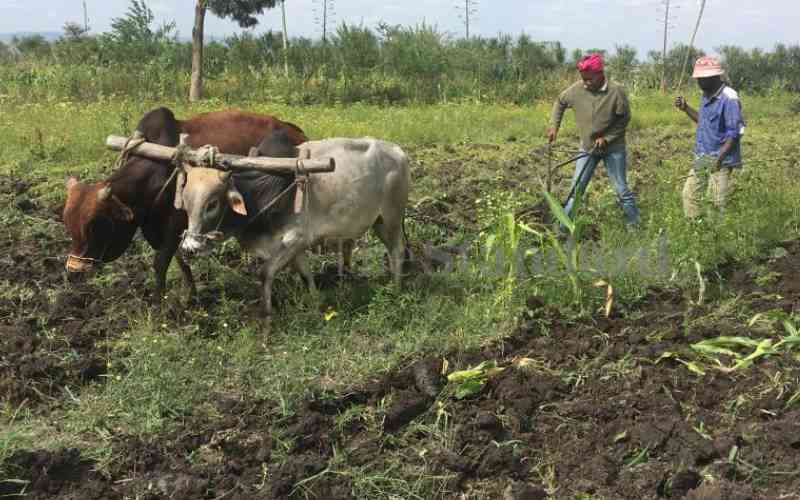
Since 2006, the green revolution banner has preceded all the 12 AGRF annual conferences which until recently stood for the Alliance for A Green Revolution Forum. Proponents of the revolution have always met to, among other things, push chemicals, commercialise seeds and create a market for their products.
The recently concluded 13th forum saw a name change. It went under the banner of the African Food Systems Summit with the theme to "Recover, Regenerate, Act: Africa's Solutions to Food Systems Transformation." The intention, they write on their website, is to build "back better food systems and food sovereignty with youth and women at the center."